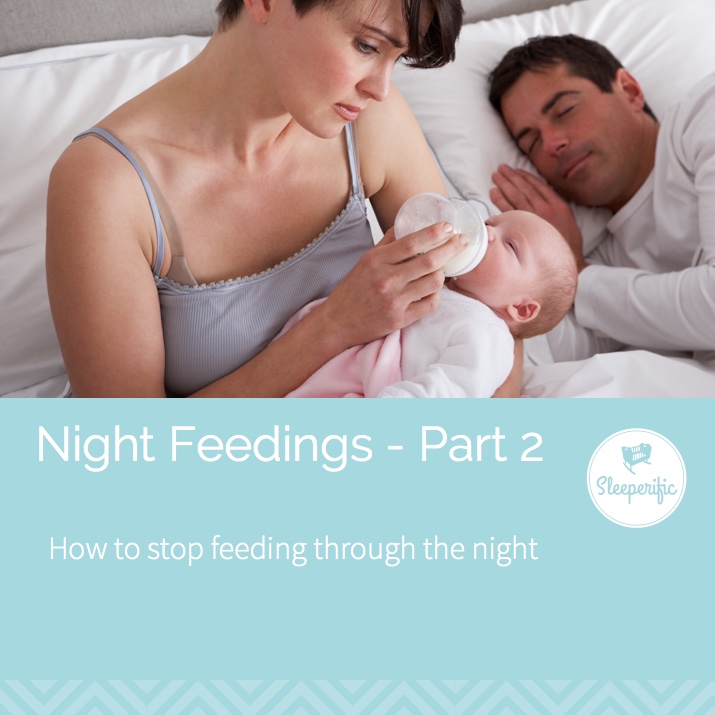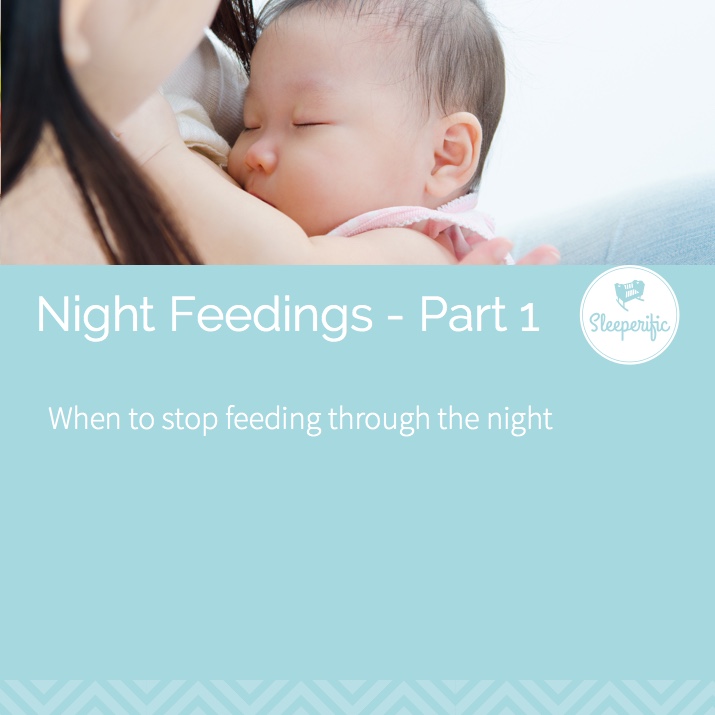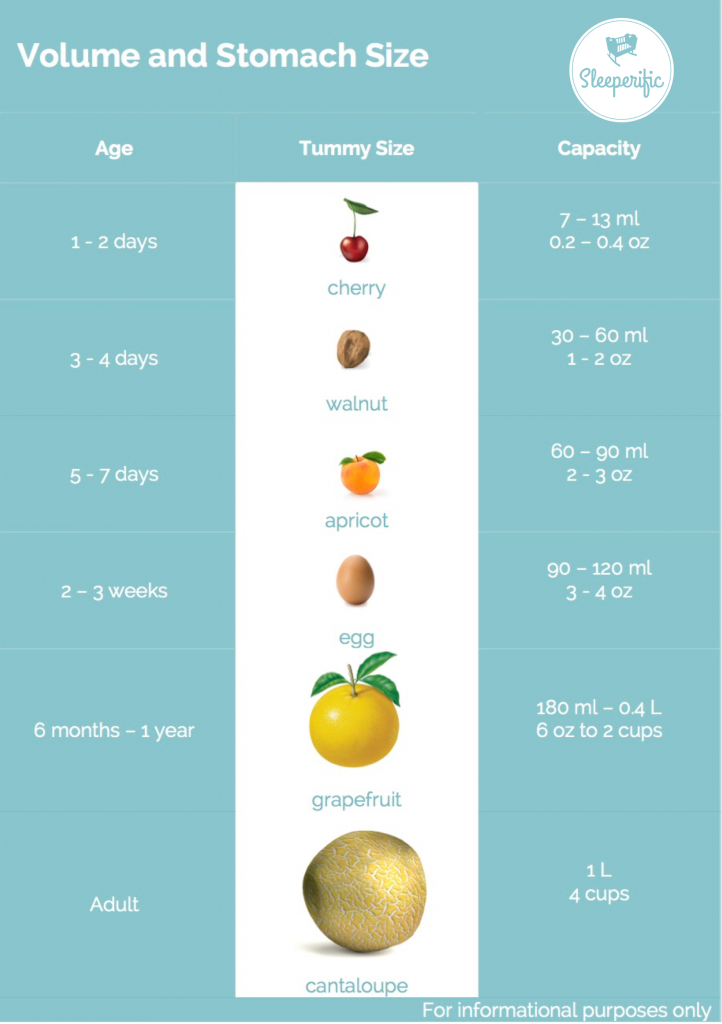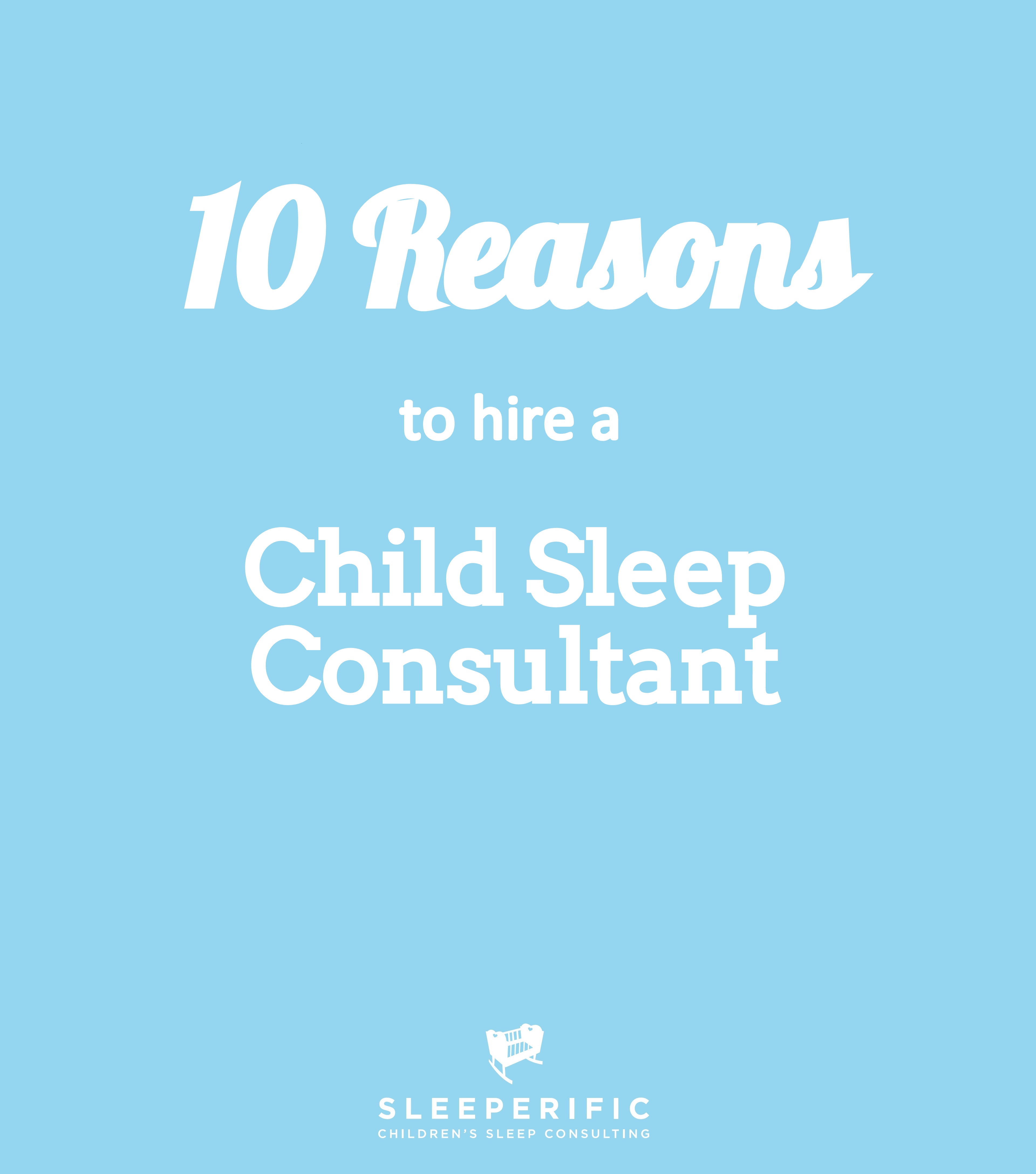
You’re reading this because you feel confident it’s time to eliminate night feedings? You must have been reading up on this and have already spoken to your doctor! Don’t try this at home without evaluating thoroughly with your medical professional.
In the case of multiple night feedings, choose the one where your child eats the least or the one that you find the most difficult. I would also recommend avoiding feeding the the “forbidden zone,” between 4AM and 5:30AM, unless that’s your child’s morning waking (and if it is your child’s morning waking, you need to call me). Those are the feedings to wean first.
Option 1: Gradual Approach
This is exactly how it sounds. For bottle fed babies, gradually reduce the volume in each feeding. I suggest 1-2 ounces every day or every couple days. Repeat as necessary for each night feeding.
*I don’t advise diluting the formula – most parents don’t approach this properly. We don’t need to create an electrolyte imbalance.
For breastfed babies, follow as above. But this time, reduce the number of minutes in each feeding. Repeat as necessary for each night feeding.
The goal is to get the feeding down to nothing or a minimal amount. From there, your baby may voluntarily stop waking and just sleep through. Which would be great! If you child is still waking, and you’d like to offer reassurance or soothing to settle your child, send in the non-nursing parent or the parent who was less involved with night feedings. The nursing parent could be a tease and may ultimately make settling more difficult.
I like this approach if we have lots of time, or find feedings are fairly organized. However, I find this can be difficult strategy for feedings that are more “snacks” or for a child who is waking very frequently through the night.
Option 2: Direct Approach
Exactly how it sounds. Cold turkey. I don’t always like this approach for children who are eating a lot at night, but for older children who are waking frequently, and just snacking, it’s our only way to be consistent. You can always offer soothing, reassurance and support, but if you are trying to completely cut out night feedings, make sure you’re going to be consistent with that.
Above all, neither of these strategies will be successful if we aren’t working on all aspects of sleep training. Pulling out night feedings without teaching your child to self settle is a lost cause.
Done all this? Still not working? Stay tuned for next week when we talk about why night weaning isn’t working at your house.
xxoo
Krista
About the author:
 |
Krista is a mother of 3 (+1 dog who believes she’s people), a wife to a wonderful husband, and the owner and founder of Sleeperific. Even though she’s been in the sleep consulting biz for 4 years, she still feels excited and honoured when she’s hired by a sleepy family. |



